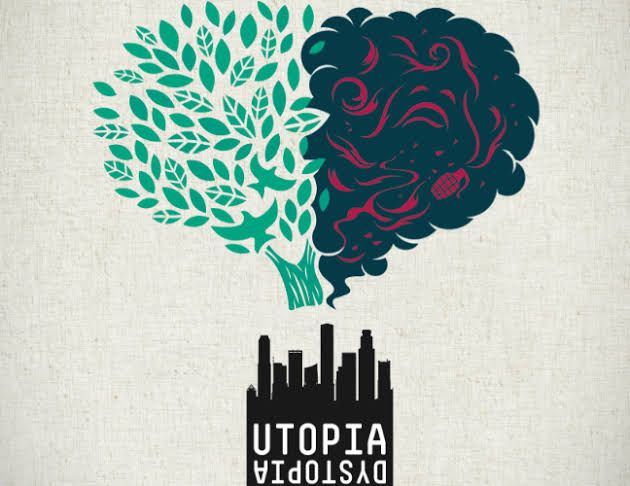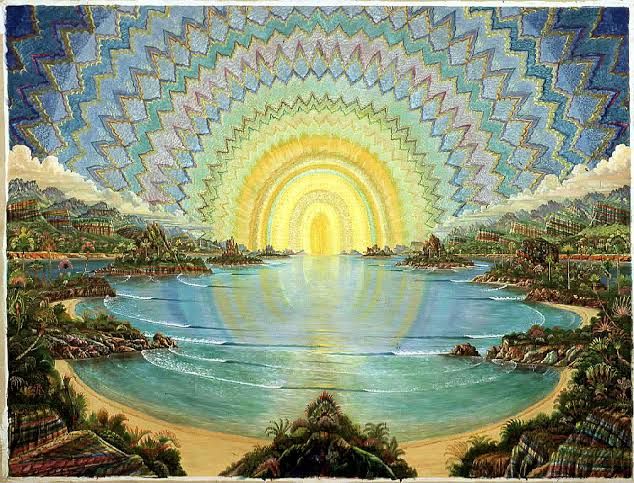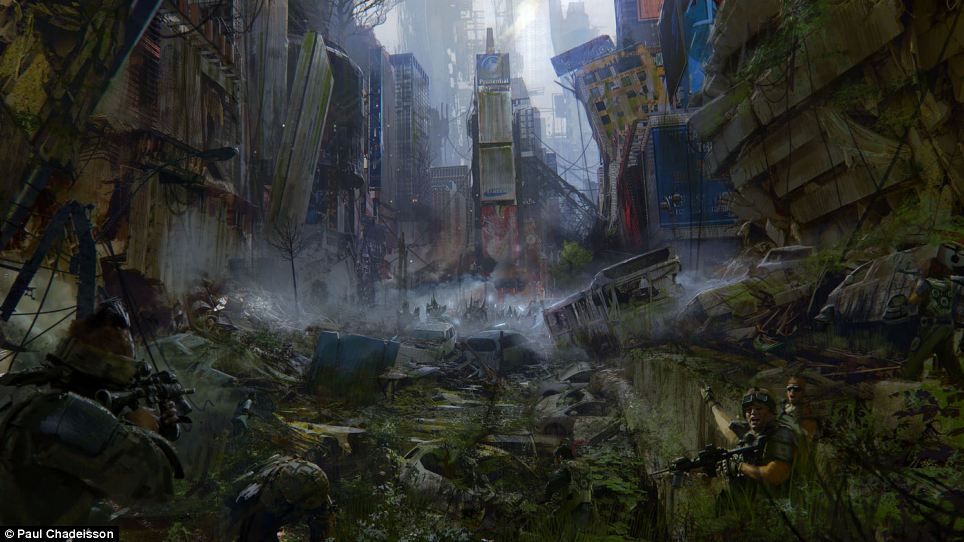Utopia And Dystopia
Jun 08, 2019 • 59 views

Utopia the word comes from the Greek words 'ou' meaning "no" or "not," and'topos' meaning "place." The original conception associated with utopia means a place that one can only dream about that is a true paradise.Dystopia is completely opposite of Utopia. It is a term used to describe things that have gone wrong in a Utopian society.
The term Utopia was first coined by Thomas Moore in his official publication entitled “Utopia”. In this he described an imaginary island where everything seems to be running smoothly and correctly. Many acknowledge utopia as a pure work of fiction because the idea it holds seems to be impossible and a world of perfection cannot truly exist, thus unrealistic and impractical. Dystopia the world was also coined at the same time as Utopia but its usage became known only in the late 19th century. In a dystopian world the skies are dull and the sun may not be shining. The people are annoying and unfriendly.

Utopias and Dystopias both have the characteristics of science fiction and both are set in a future where technology has been used to create sustainable living conditions. However when the setting of a utopian or dystopian novel has been established, the focus of the novel was on the psychology and emotions of the characters who live under such conditions and not on the technology.
Origin of these concepts can be traced from 380BC when Greek philosopher Plato released “Republic”. The main themes in it were of utopian society and his visions of the perfect Greek city-state. Authors of the mid-20th century first envisioned the futuristic societies in which people lived in a repressive and controlled state that resembled a Utopia only from outside. These dark visions acted as a vehicle for the investigation of concepts such as individuality, freedom, class distinctions, repression, religion etc.

Some influential works of Utopian Fiction are:
1. A Modern Utopia by H.G. Wells
2. News from Nowhere by William Morris
Some of the influential works of Dystopian fiction includes:
Time Machine by H.G. Wells
Brave New World by Aldous Huxley
Nineteen Eighty-Four by GeorgeOrwell
Thus we can say that through Dystopia the authors expressed their concerns related to humanity and society. Authors used Dystopia as a literary technique to discuss the reality and depict issues that might happen in future. So the role of dystopia in various literary works is to educate and spread awareness to the audience.
